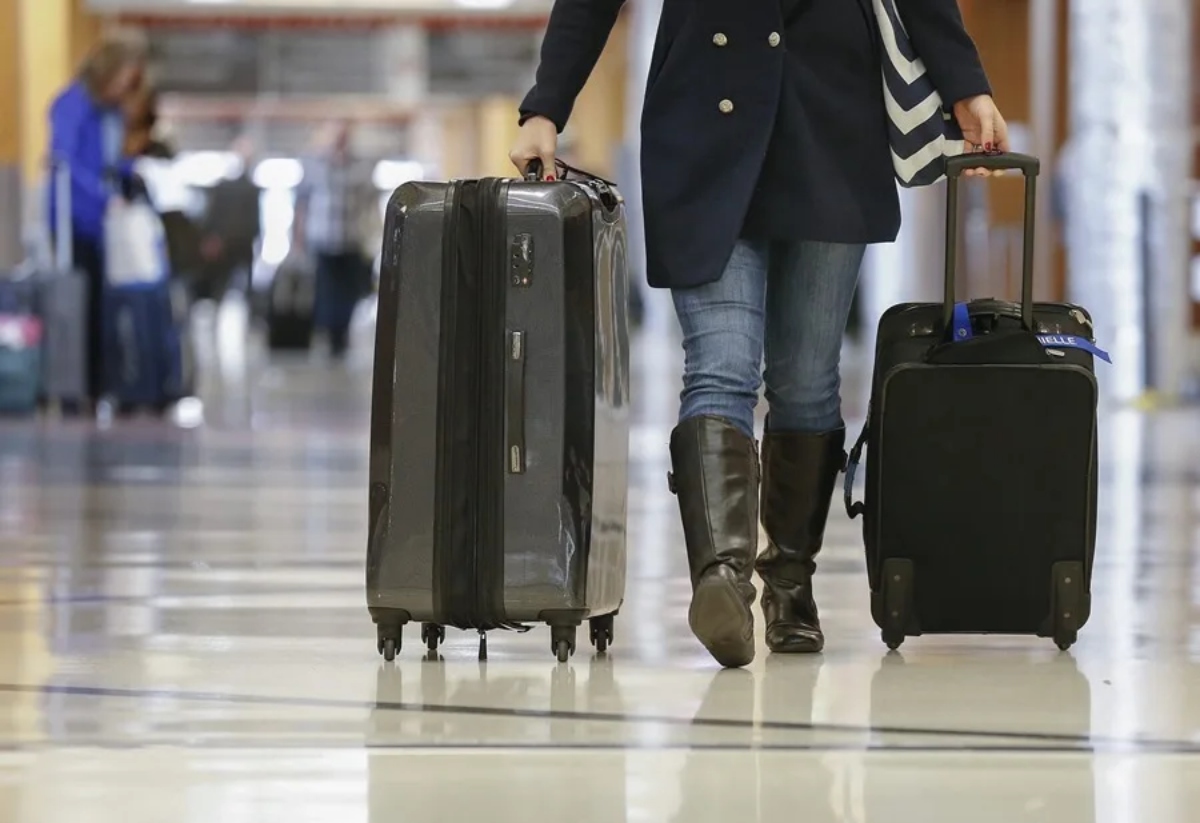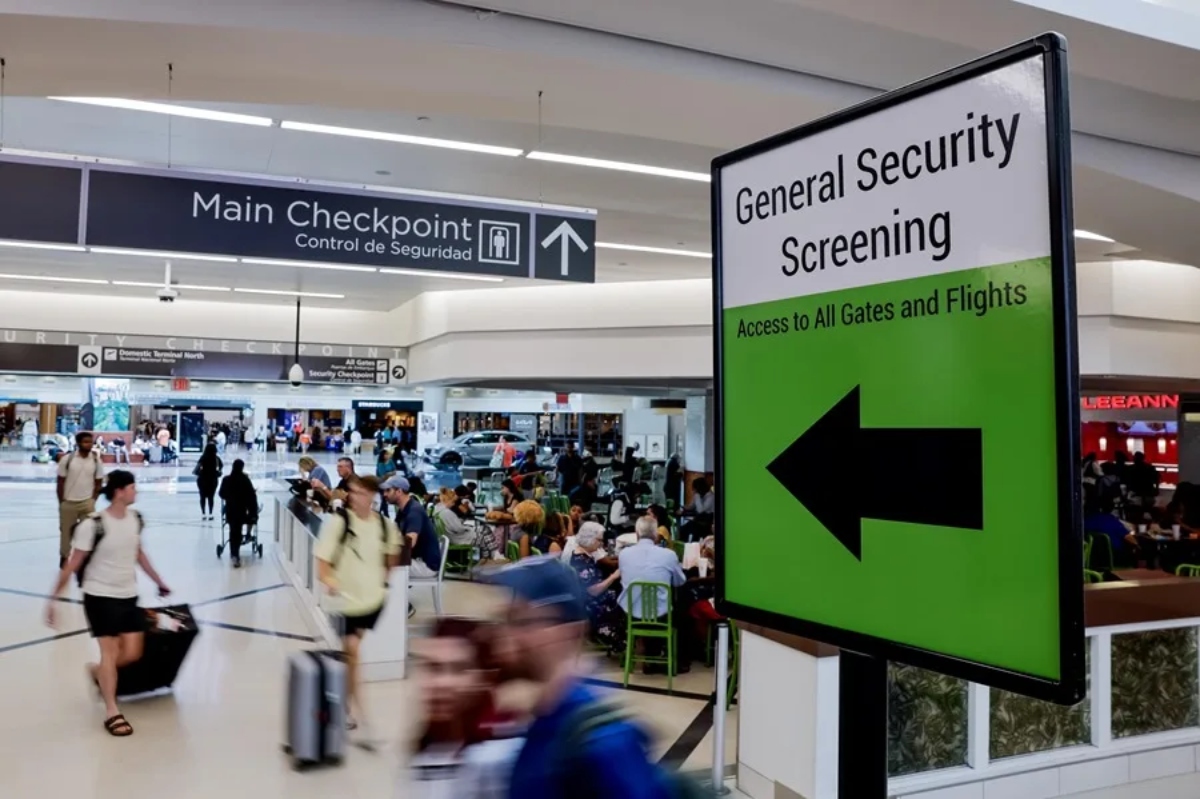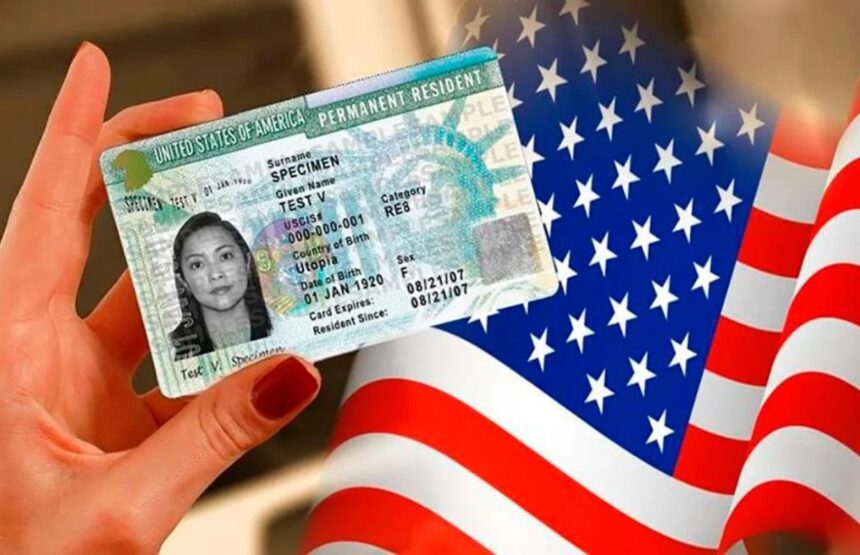The U.S. Embassy issued a warning to Green Card holders about the risks of prolonged travel outside the country. The measure, which directly impacts legal permanent residents, has generated concern among the immigrant community, especially during the second half of 2025, when inquiries about international travel and the possible abandonment of immigration status increased.
Under U.S. Citizenship and Immigration Services (USCIS) rules, permanent residents may leave the country as long as the absence is considered temporary and there is clear evidence of intent to return. However, the length of the trip and lack of solid evidence can lead to automatic loss of residency.
Green Card and trips under one year

USCIS specifies that departures of less than six months do not usually generate complications in re-entering the country.
However, when the trip exceeds six months but is less than one year, the resident may be subject to a comprehensive review to verify that he or she maintains his or her center of life in the United States.
Border officials are empowered to analyze multiple factors, such as domicile, employment, family and tax obligations.
If there are doubts about the intention to return, they may initiate an abandonment of status process.
On the other hand, absences of more than twelve months without a special permit generate an automatic presumption of abandonment of the residence.
For these cases, a Form I-131, known as a reentry permit, is required prior to departure, which allows up to two years of absence without losing the Green Card.
Documentation required to keep the Green Card

The U.S. authorities remind that permanent residents must have documentation proving their ties to the country.
Among the documents that are recommended to be presented in case of an immigration review are:
Reinstatement leave in effect for absences exceeding one year.
Evidence of U.S. domicile and employment.
Tax returns as a permanent resident.
Lease or property contracts.
Active bank statements in U.S. institutions.
Proof of direct family ties in U.S. territory.
USCIS also suggests keeping records of the reasons for the trip and possible unforeseen events.
For example, medical certificates or documentation of family emergencies may help justify a longer absence than anticipated.
Green Card and returning resident visa
The Department of State clarifies that if a resident remains out of the country for more than 12 months without a re-entry permit, he or she automatically loses the Green Card.
In such cases, the only alternative is to apply for a returning resident visa (SB-1) at a U.S. embassy or consulate.
To obtain this visa, the applicant must demonstrate that his or her absence was caused by factors beyond his or her control and that he or she never intended to abandon his or her U.S. residence.
The process includes a consular interview and the presentation of evidence such as housing contracts, taxes and bank records proving solid ties to the country.
Unlike U.S. citizens, who can travel and stay abroad without time limits, permanent residents have more severe restrictions.
The Green Card obliges to maintain domicile, employment and family ties in the United States in order not to jeopardize the immigration status.
What immigration authorities recommend
USCIS insists that the intent to keep the Green Card must be supported by facts and documents.
Among the most relevant aspects that border officials can evaluate are:
Annual tax returns as a permanent resident.
Employment or economic activity registered in the country.
Ownership or lease of primary residence in the United States.
Active bank accounts and services.
Nuclear family legally residing in U.S. territory.
The authorities also advise that, before planning an extended absence, residents should consult USCIS instructions and check for updated requirements.
In addition, they recommend contacting the U.S. embassy in the destination country if emergencies arise that require an extended stay outside the United States.
This article was originally published in Nueva News.














